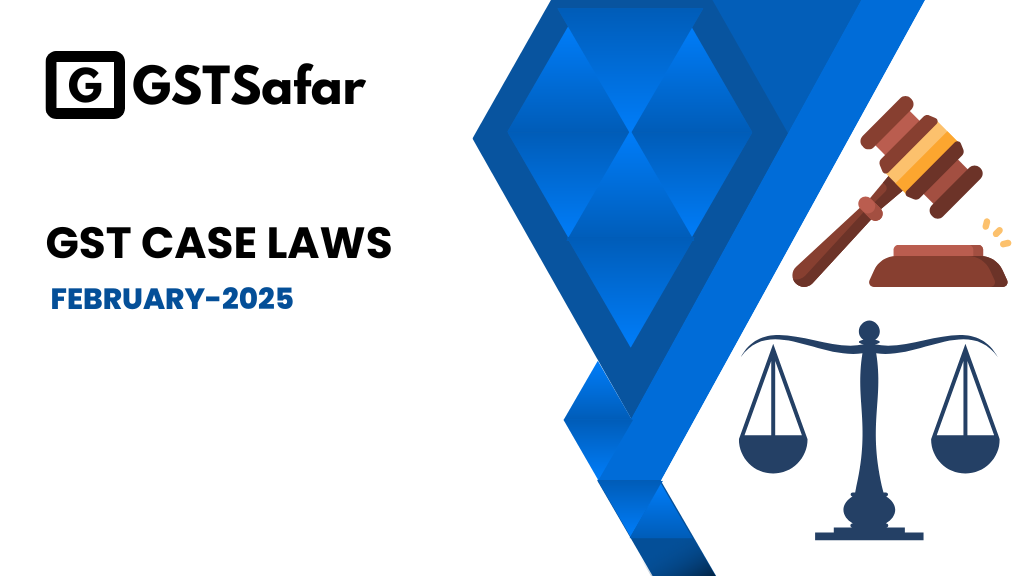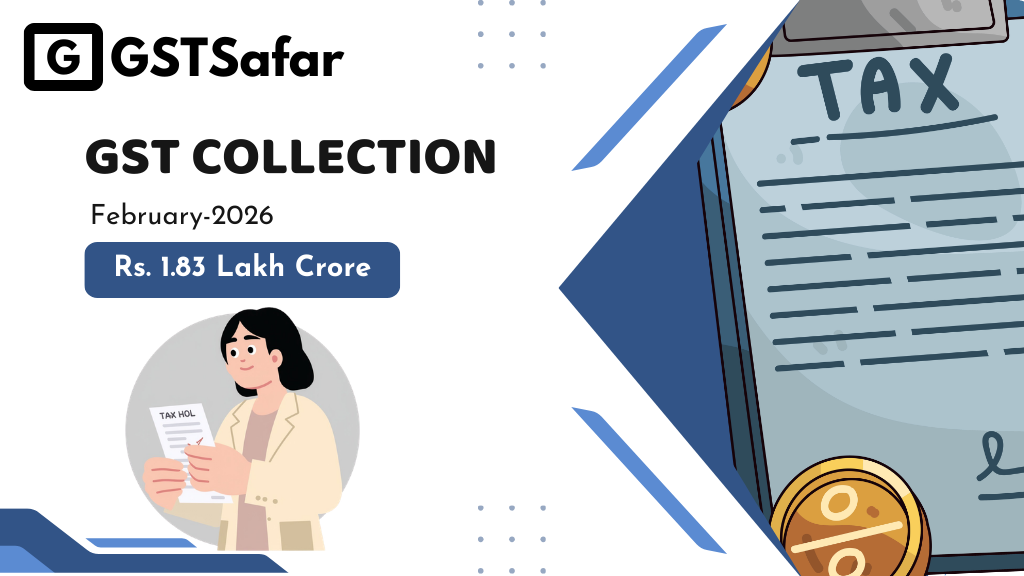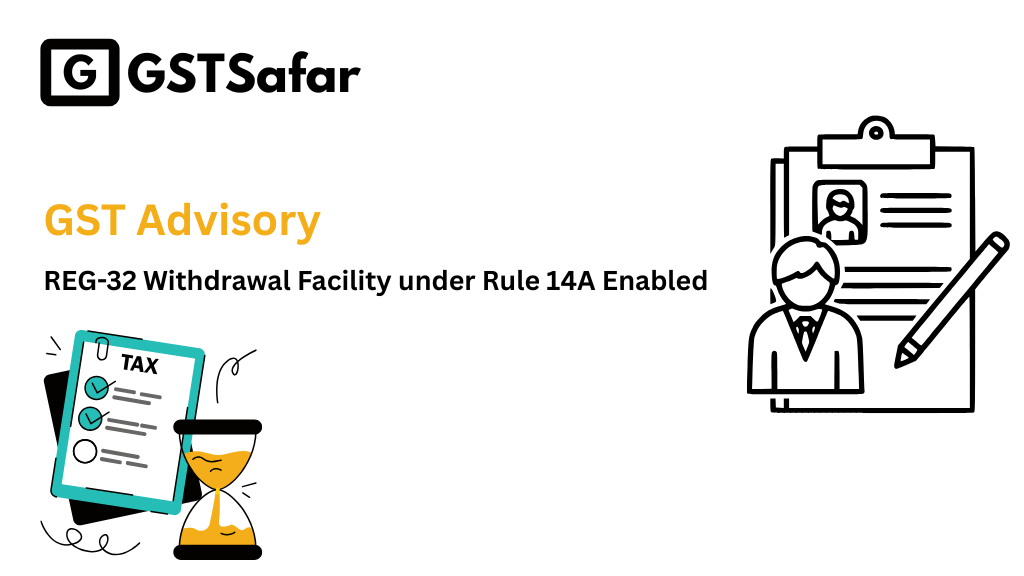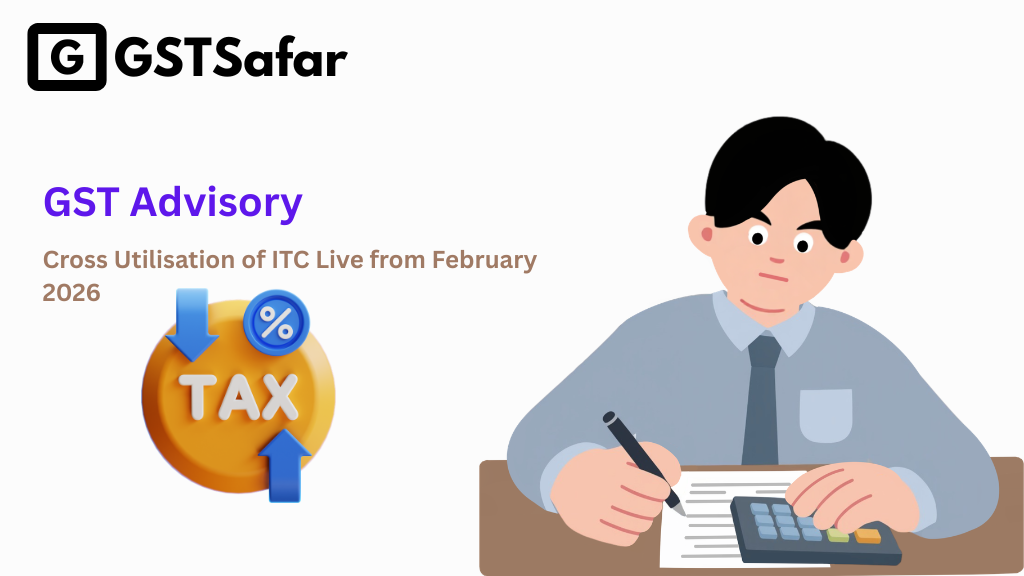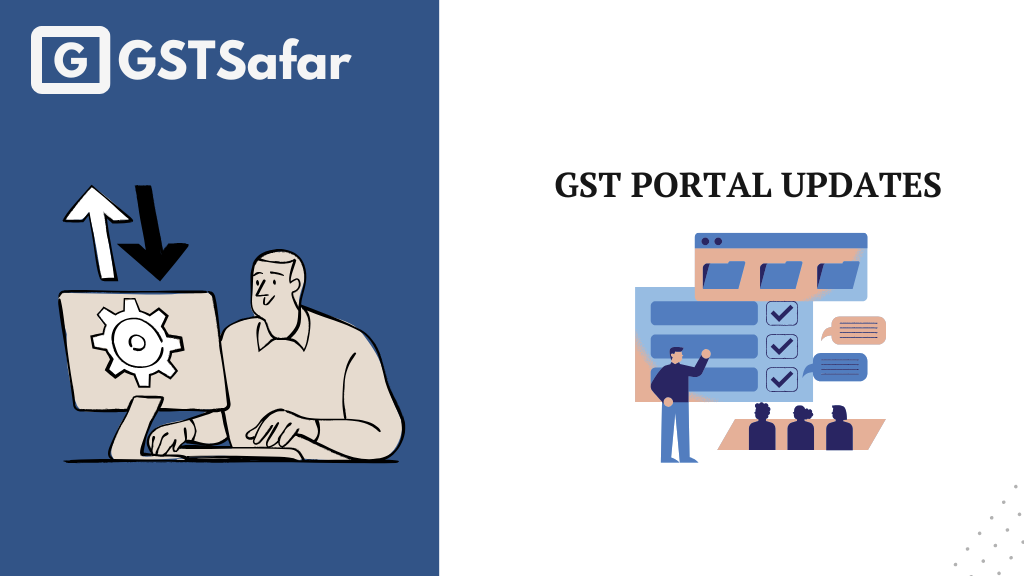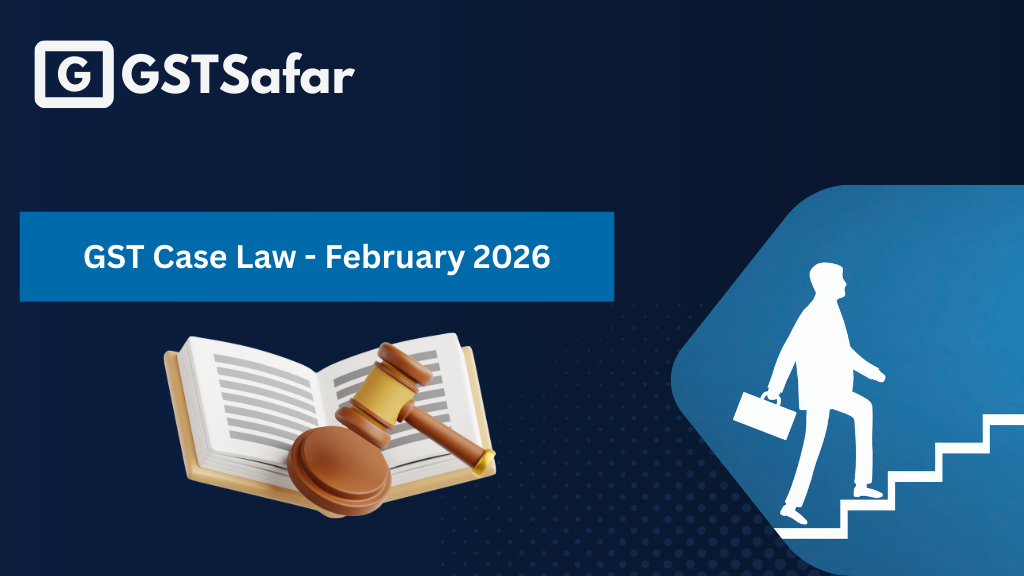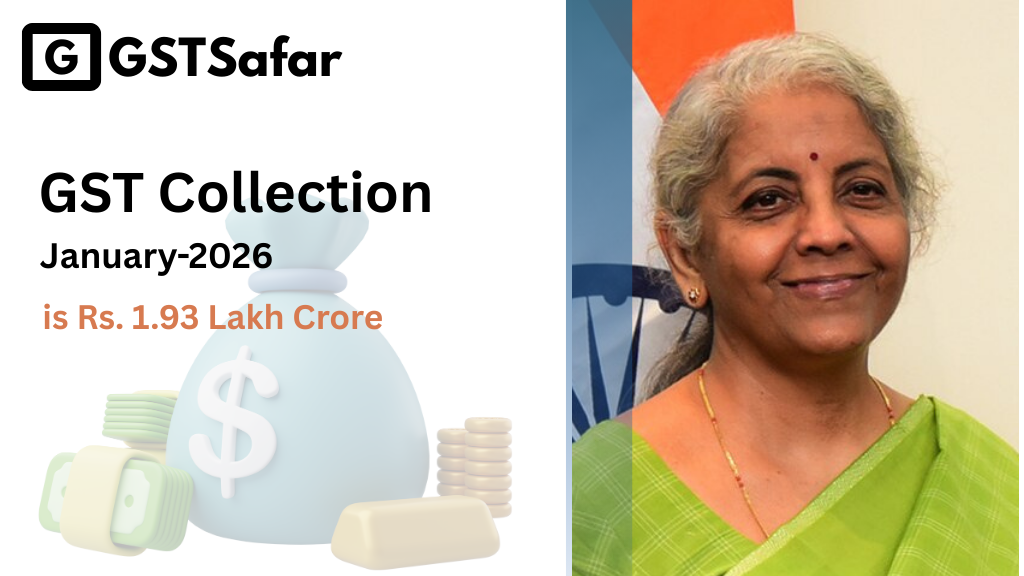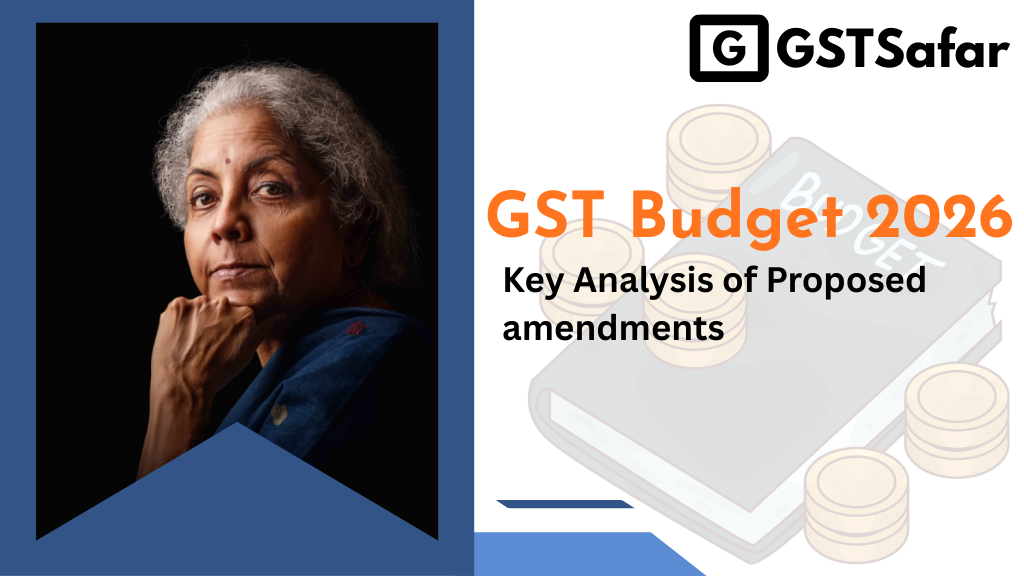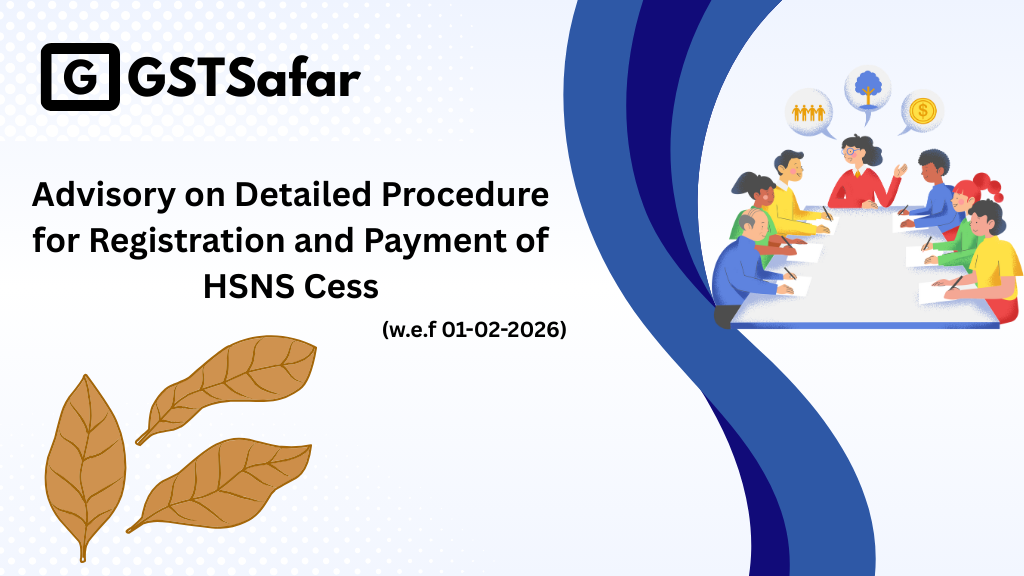The goal of this article is to cover all recent GST case laws February 2025. All latest high court judgement on gst and all latest supreme court judgments on gst issued in February 2025 have been covered in this article. All latest GST case laws of February 2025 in this article have been classified by name, date, judge, counsel, GST concept, GST section, etc. In addition, a PDF of the GST case law is provided with the case law so that the user can download it for further study.
GST Case laws on Unjustified Detention of Goods
Calcutta High Court says the order for detention and penalty lacked legal backing and had to be set aside.
| Calcutta High Court Judgement 2025 |
| Name of case : Ashok Sharma vs. State of West Bengal |
| Date of Judgment : 11-02-2025 |
| Appeal No : FMA No. 136 of 2025 CAN No. 1 of 2024 |
| Judges : T.S. SIVAGNANAM, CJ. and Hiranmay Bhattacharyya, J. |
| Counsel Name : Himangshu Kumar Ray, Subhasis Podder, Subal Saha, Sushant Bagaria, Piyas Choudhury, Amit Saha |
| Fact of the Case: A vehicle carrying goods was stopped for inspection while in transit. The transporter presented three invoices as proof of the goods being carried. However, upon verification, it was found that the actual goods in the vehicle were different from those mentioned in the invoices. This discrepancy raised suspicions of tax evasion and possible suppression of facts by the assessee. The authorities detained the goods and the vehicle, questioning whether the assessee had deliberately attempted to avoid paying the correct taxes by misdeclaring the goods. The case would be examined based on the intent behind the mismatch and the applicable tax laws. |
| Held by court : During the inspection of a vehicle carrying goods, the department conducted a physical verification and found that the quantity or weight of the goods matched the details provided in the invoices. There was no discrepancy in this regard. Additionally, the overall description of the products in the invoices was consistent with the goods found in the vehicle. However, the inspecting authority went beyond the information provided in the invoices and recorded additional details about the size of pipes, shutters, and TMT bars, which were not specifically mentioned in the invoices. Since the invoices correctly described the goods in broad terms, and the HSN classification remained the same without any dispute from the department, there was no valid reason to invoke Section 129 of the GST Act for detention and penalty. Furthermore, the authorities failed to establish any clear intent by the assessee to evade tax. In the absence of evidence proving tax evasion or misrepresentation, detaining the goods and imposing penalties was unjustified. Therefore, the impugned order was set aside as the proceedings under Section 129 were not applicable in this case. |
| In favor of : Assessee |
| Topic of GST : Detention of goods and conveyances |
| Section of GST: Section 129 of CGST Act,2017 |
Download PDF of Calcutta High Court Judgement of Ashok Sharma
GST Case laws on Incorrect Interpretation of Limitation period in GST Appeal
Patna High Court says appellate authority should have considered the reason for the delay.
| Patna High Court Judgement 2025 |
| Name of case : Brand Protection Services (P.) Ltd. vs. State of Bihar |
| Date of Judgment : 04-02-2025 |
| Appeal No : Civil Writ Jurisdiction Case No. 14957 of 2024 |
| Judges : Rajeev Ranjan Prasad and Ramesh chand Malviya, JJ. |
| Counsel Name : Anubhav Khowala, |
| Fact of the Case: The petitioner was issued a show cause notice under Section 73(1) of the GST Act for the period July 2017 to March 2018, demanding tax along with interest and penalty. In response, the petitioner requested an additional 15 days to reconcile purchase details due to the unavailability of one of its suppliers. However, before the reconciliation could be completed, the final demand order was issued under Section 73(9), along with a summary order in Form DRC-07. Subsequently, the petitioner filed an appeal in Form GST APL-01 on April 26, 2024, under Section 107, citing the ill health of the director as the reason for the delay. However, the appeal was rejected at the admission stage because it was filed beyond the prescribed limitation period. The revenue authorities interpreted the limitation period as 120 days (three months plus a one-month condonable delay period), whereas the petitioner argued that the correct interpretation should be four calendar months instead of 120 days. The dispute revolves around the correct calculation of the appeal period and whether the petitioner’s delay should have been condoned. |
| Held by court : According to various court rulings, the three-month period mentioned in Section 107(1) and the one-month extension period under Section 107(4) should be counted based on actual calendar months rather than a fixed 90 days and 30 days. Additionally, the date of receipt of the order should be excluded when calculating the limitation period. In this case, the petitioner received the order from the adjudicating authority on 27-12-2023. Therefore, the three-month period ended on 27-03-2024. Since the petitioner filed the appeal on 26-04-2024, it was within the additional one-month extension period, which ended on 27-04-2024. This means the appellate authority should have considered the reason for the delay and had the power to condone it. However, the authority mistakenly interpreted the limitation period incorrectly and rejected the appeal outright. As a result, the appellate order rejecting the appeal was legally incorrect and had to be set aside. |
| In favor of : Assessee |
| Topic of GST : Appeals to appellate authority |
| Section of GST: Section 107 of CGST Act,2017 |
Download PDF of Patna High Court Judgement of M/s Brand Protection Services Pvt Ltd
GST Case law on Separate Determination Required for Each Financial Year Under Section 74
Kerala High court says Appeal by tax department was dismissed.
| Kerala High Court Judgement 2025 |
| Name of case : Joint Commissioner (Intelligence & Enforcement) vs. Lakshmi Mobile Accessories |
| Date of Judgment : 05-02-2025 |
| Appeal No : W.A.NO. 258 OF 2025 |
| Judges : Dr. A.K. Jayasankaran Nambiar and EASWARAN S., JJ. |
| Counsel Name : Muhammed Rafiq |
| Fact of the Case: A taxpayer received a show cause notice under Section 74 of the CGST Act, alleging fraud in tax or Input Tax Credit (ITC) claims. The notice proposed tax, interest, and penalties, and a personal hearing was scheduled for August 22, 2024. However, the taxpayer submitted their reply much later, on December 3, 2024. The taxpayer was concerned that the tax department planned to issue a single composite order covering multiple financial years (2017-18 to 2023-24) in a hurried manner, without giving them enough time to present their case. They approached the High Court, which ruled that for 2018-19 onwards, the taxpayer should be given a fair hearing, and separate orders should be passed for each year instead of a single composite order. The tax department challenged this ruling in an intra-court appeal, arguing that the single judge should not have directed them to issue separate orders for each year. |
| Held by court : Under Section 74 of the CGST Act, there is no rule that requires issuing a single consolidated show cause notice covering multiple financial years. Section 74(1) is meant to check whether fraud, suppression, or other tax evasion factors exist in a specific financial year. If such issues are found, the tax department must determine the tax liability separately for each affected year. Since the law requires separate assessments for each year, the court saw no valid reason to interfere with the earlier ruling. As a result, the appeal by the tax department was dismissed. |
| In favor of : Assessee |
| Topic of GST : Demand |
| Section of GST: Section 74 of CGST Act,2017 |
GST Case law on Strict Limitation for Appeals Under CGST Act
Delhi High court says the appeals were filed after the allowed time, the court dismissed the writ petitions.
| Delhi High Court Judgement 2025 |
| Name of case : Addichem Speciallity LLP vs. Special Commissioner I, Department of Trade and Taxes |
| Date of Judgment : 07-02-2025 |
| Appeal No : WP(C) No 16936 of 2024 CM Appl. No. 56857 of 2024 |
| Judges : Yashwant Varma and Dharmesh Sharma, JJ. |
| Counsel Name : Rupak Srivastava and Deepak Kapoor |
| Fact of the Case: if the appeal is filed beyond this extended period (total four months), the appellate authority has no power to accept it, even if there is a genuine reason for the delay. The law strictly limits the time within which an appeal can be filed. |
| Held by court : The law strictly limits the time to file an appeal before the appellate authority. Under Section 107 of the CGST Act, 2017, a taxpayer must file an appeal within three months, with a possible one-month extension if there is a valid reason. If an appeal is filed after this total period of four months, the appellate authority has no power to accept it. The Limitation Act, 1963, which allows courts to condone delays in certain cases, cannot be applied here. Since the CGST Act has its own specific time limit, the taxpayer cannot seek further extensions beyond what is legally allowed. In this case, since the appeals were filed after the allowed time, the court dismissed the writ petitions. |
| In favor of : Revenue |
| Topic of GST : Appeal to appellate authority |
| Section of GST: Section 107 of CGST Act,2017 |
Download Delhi High Court Judgement of Addichem Speciallity LLP
